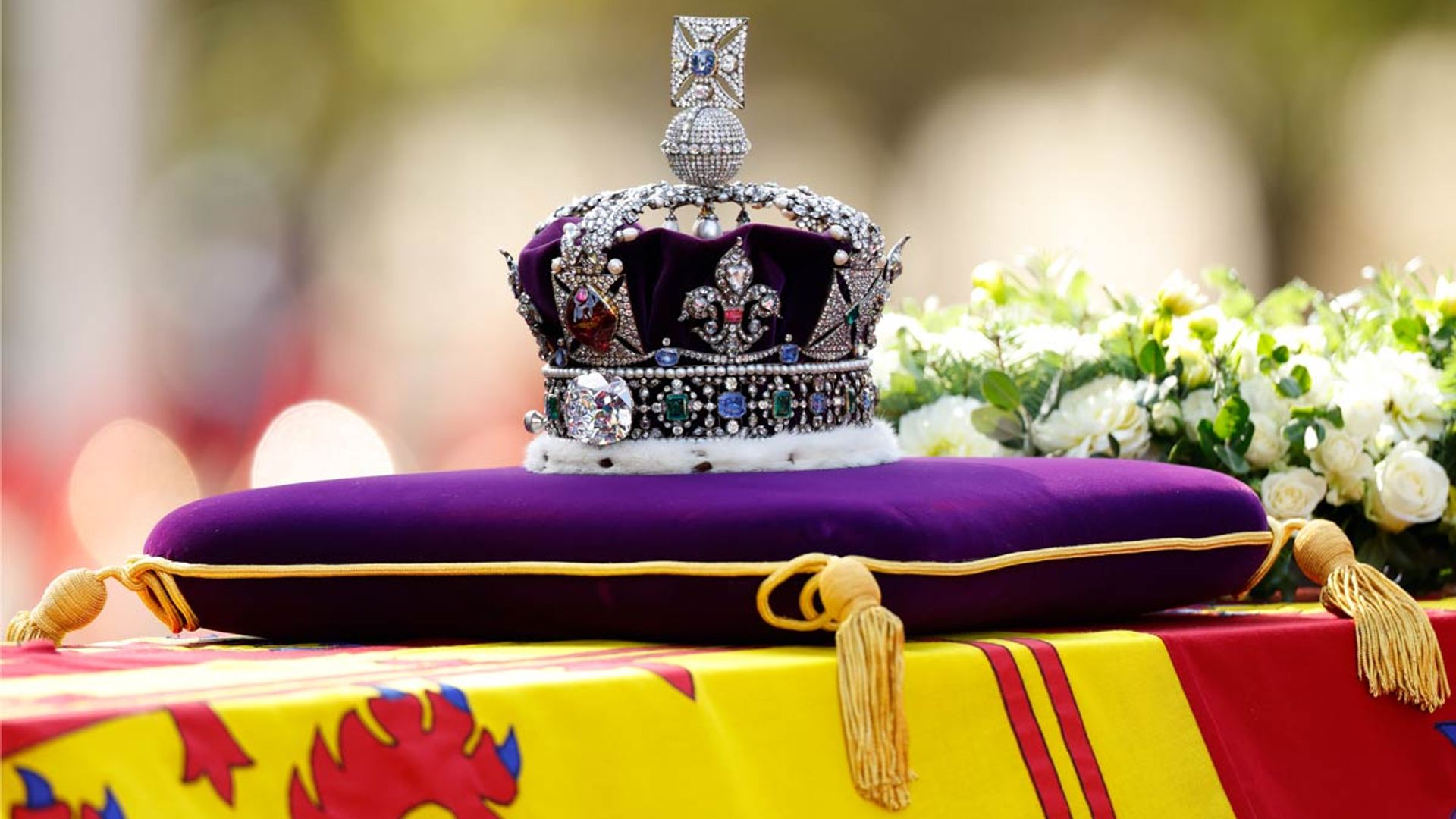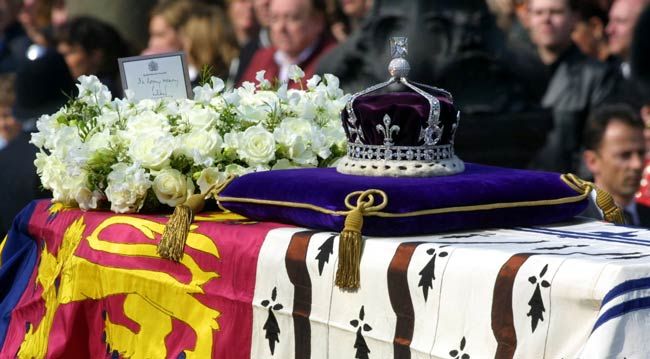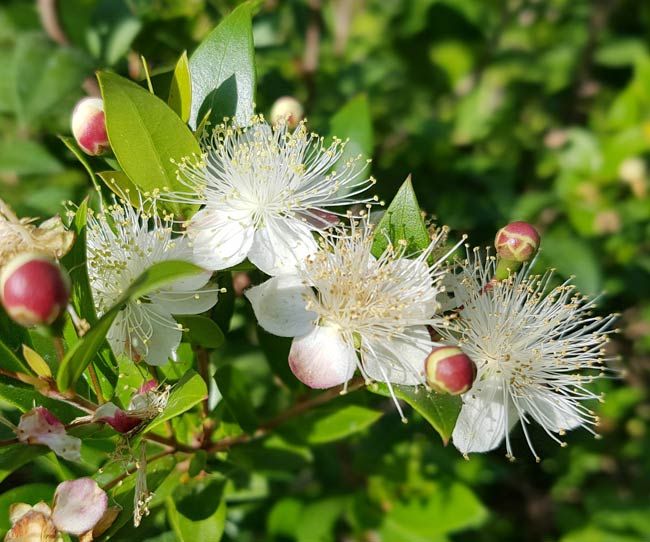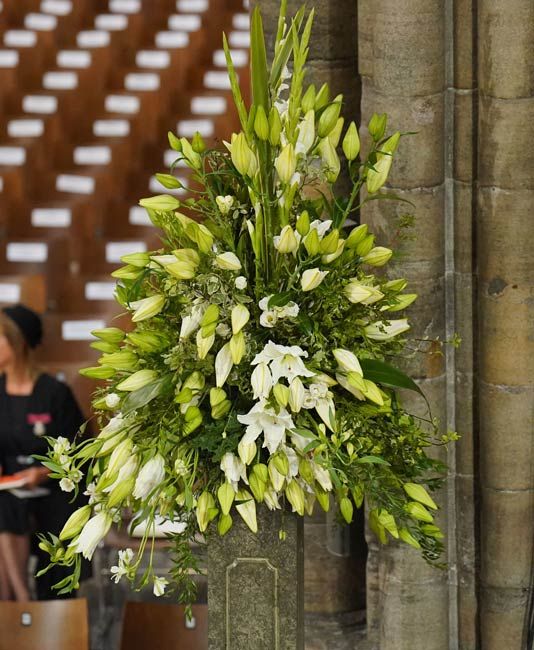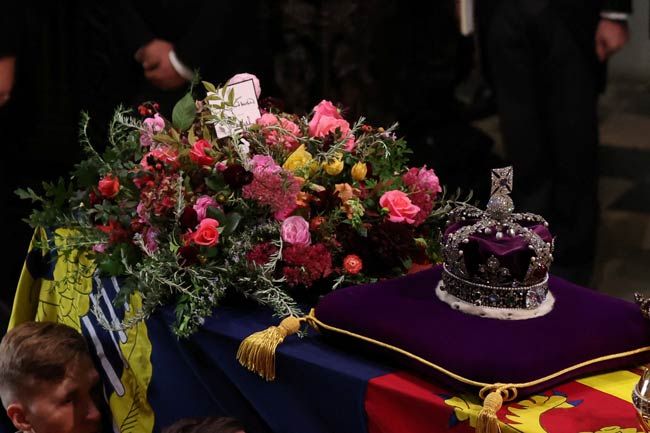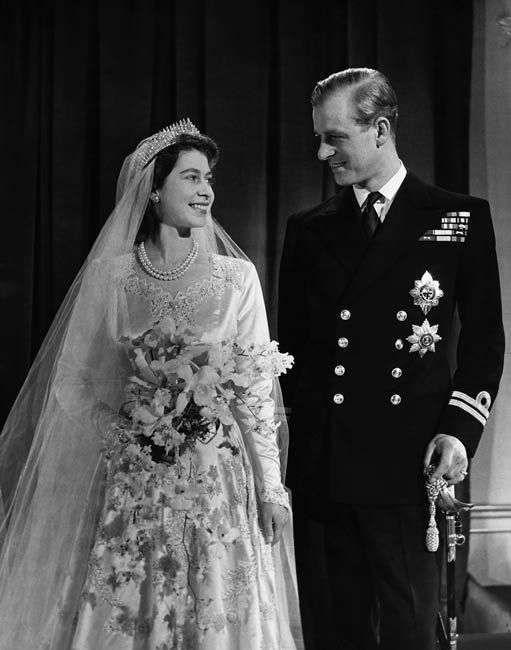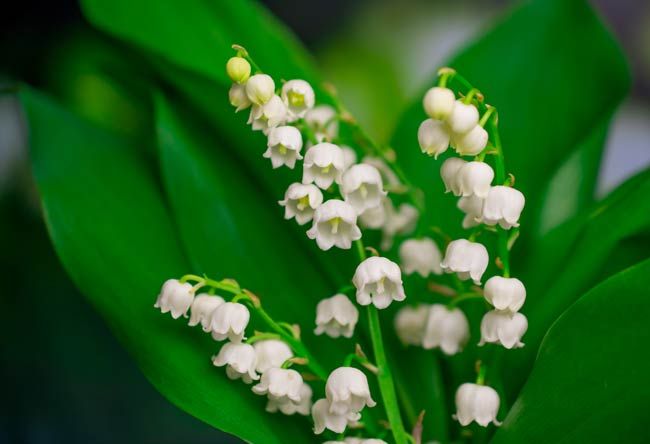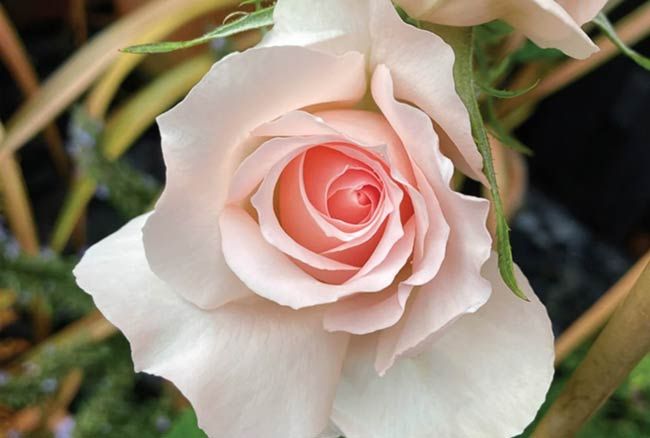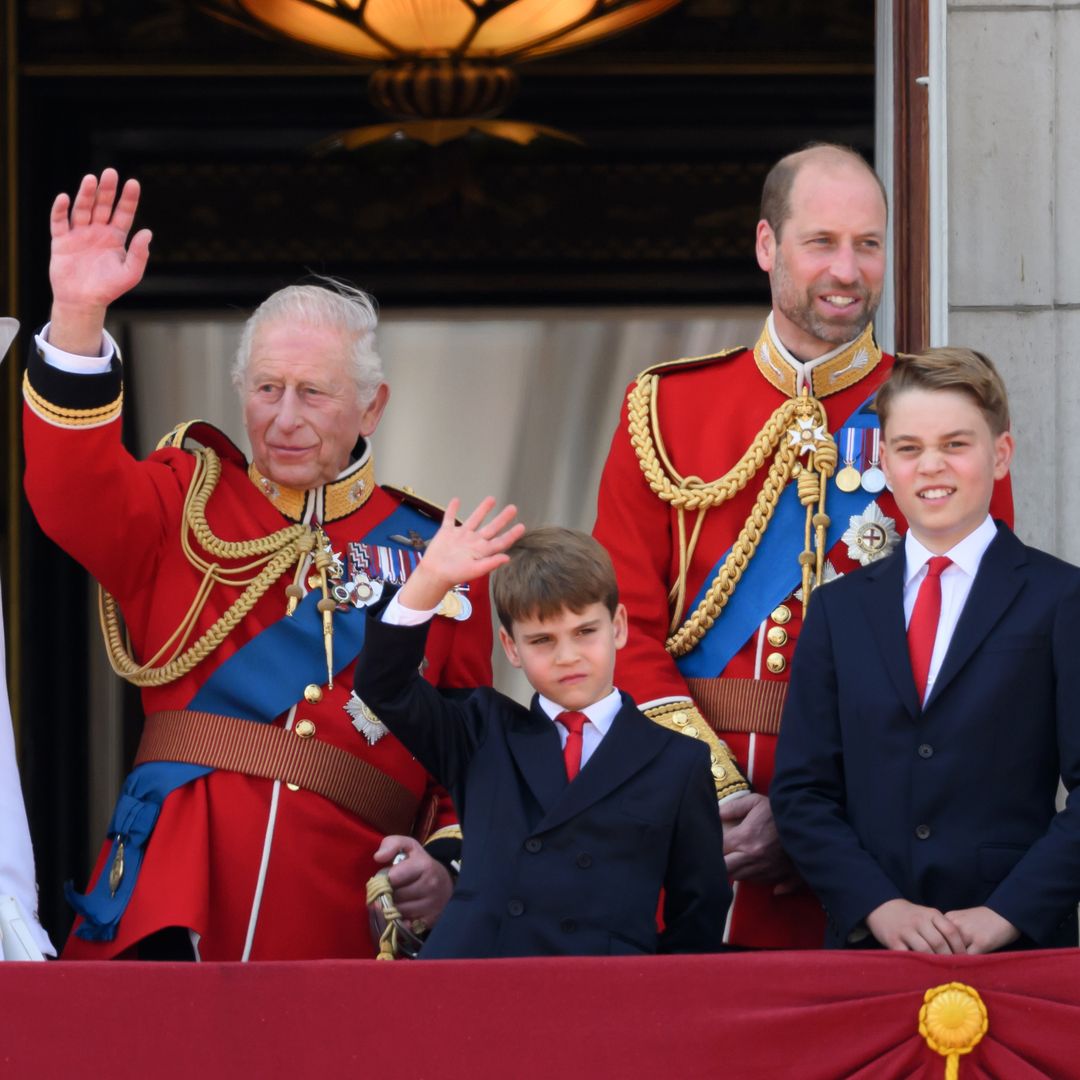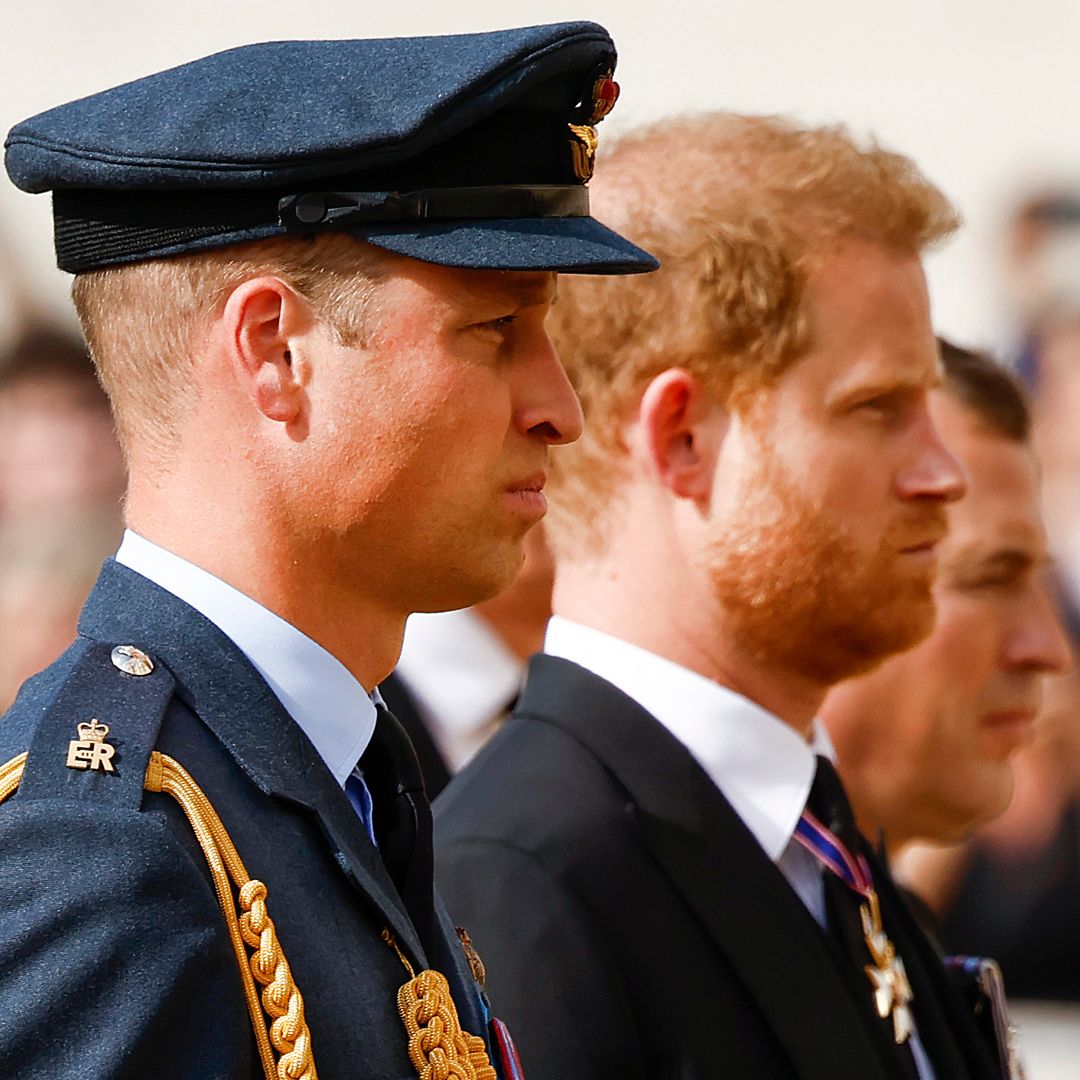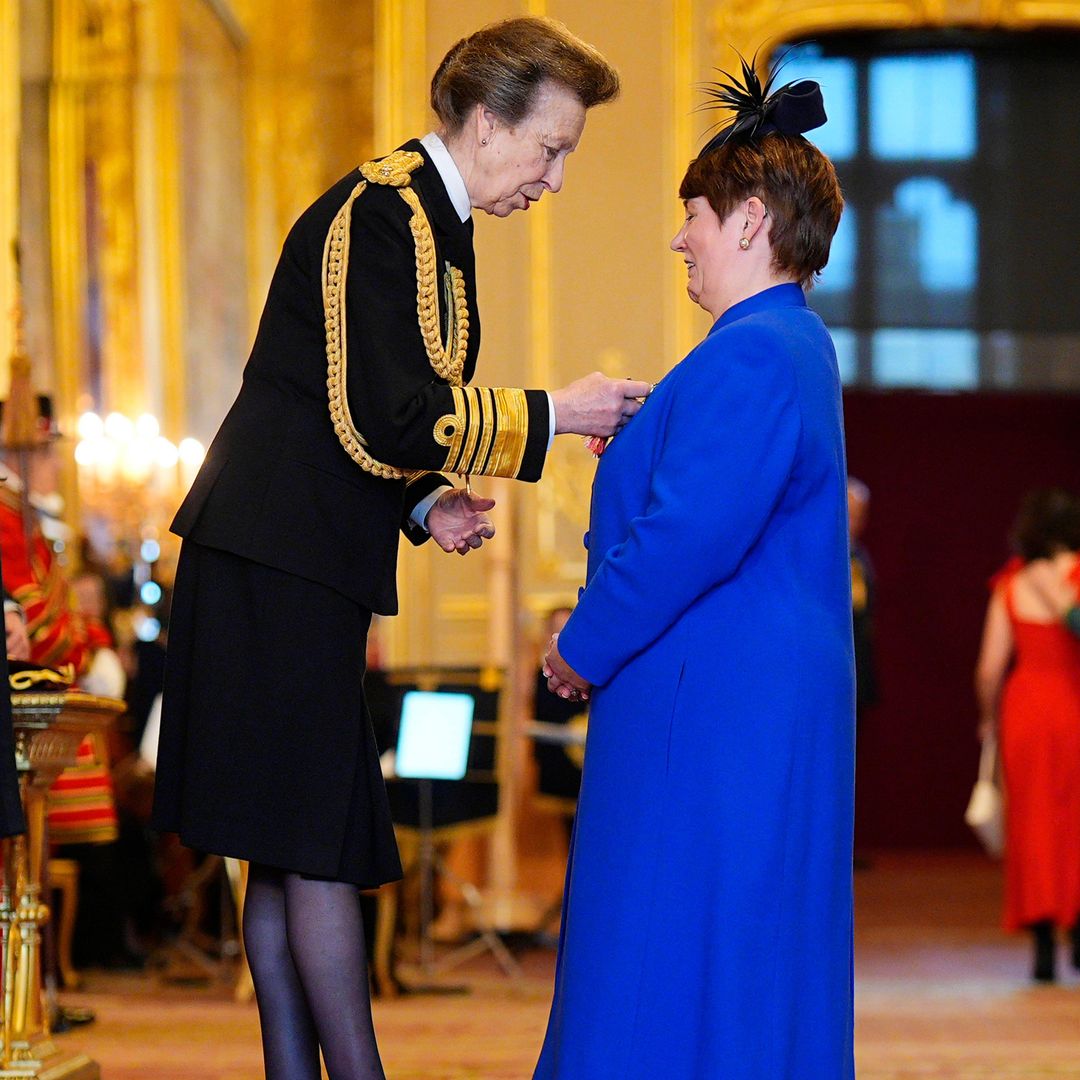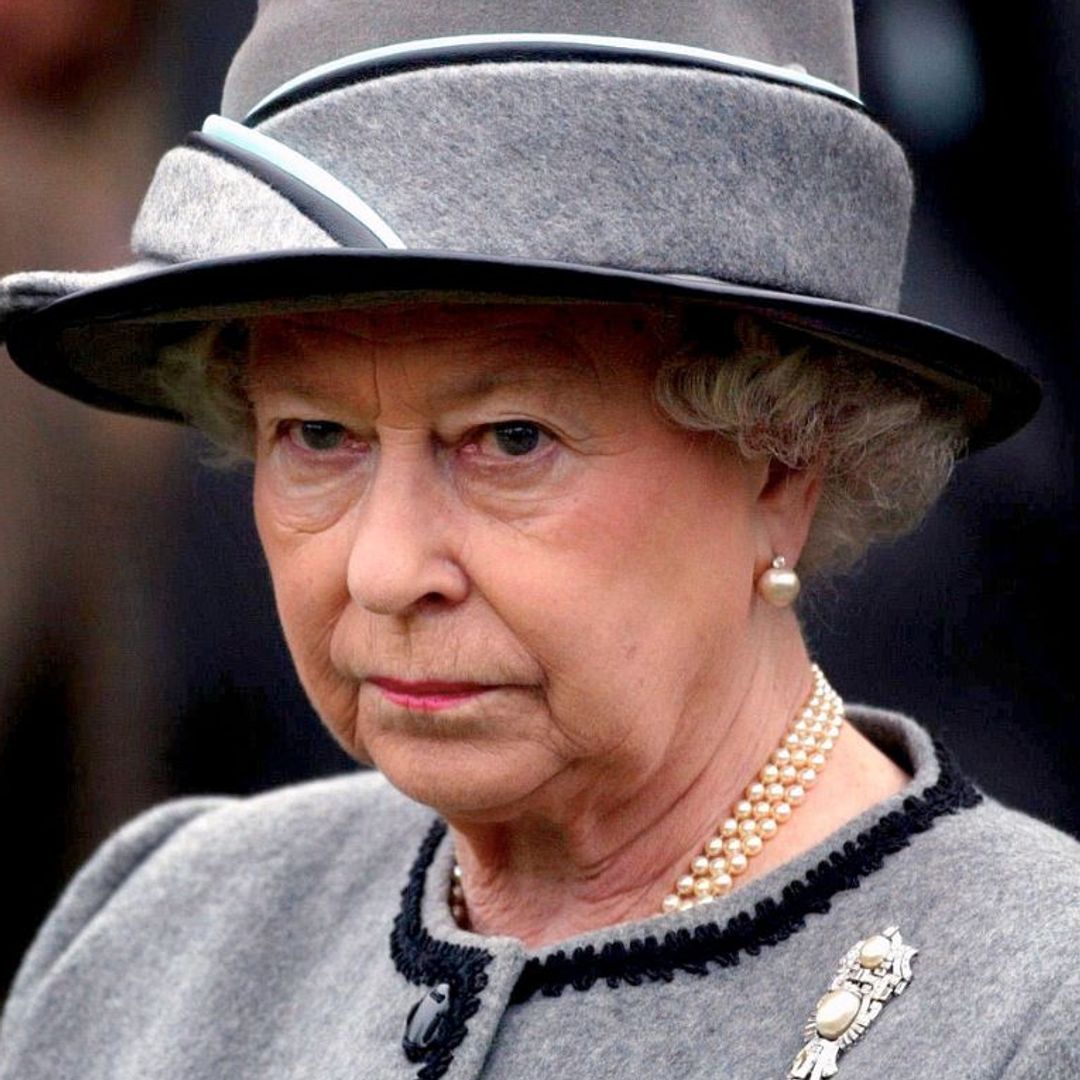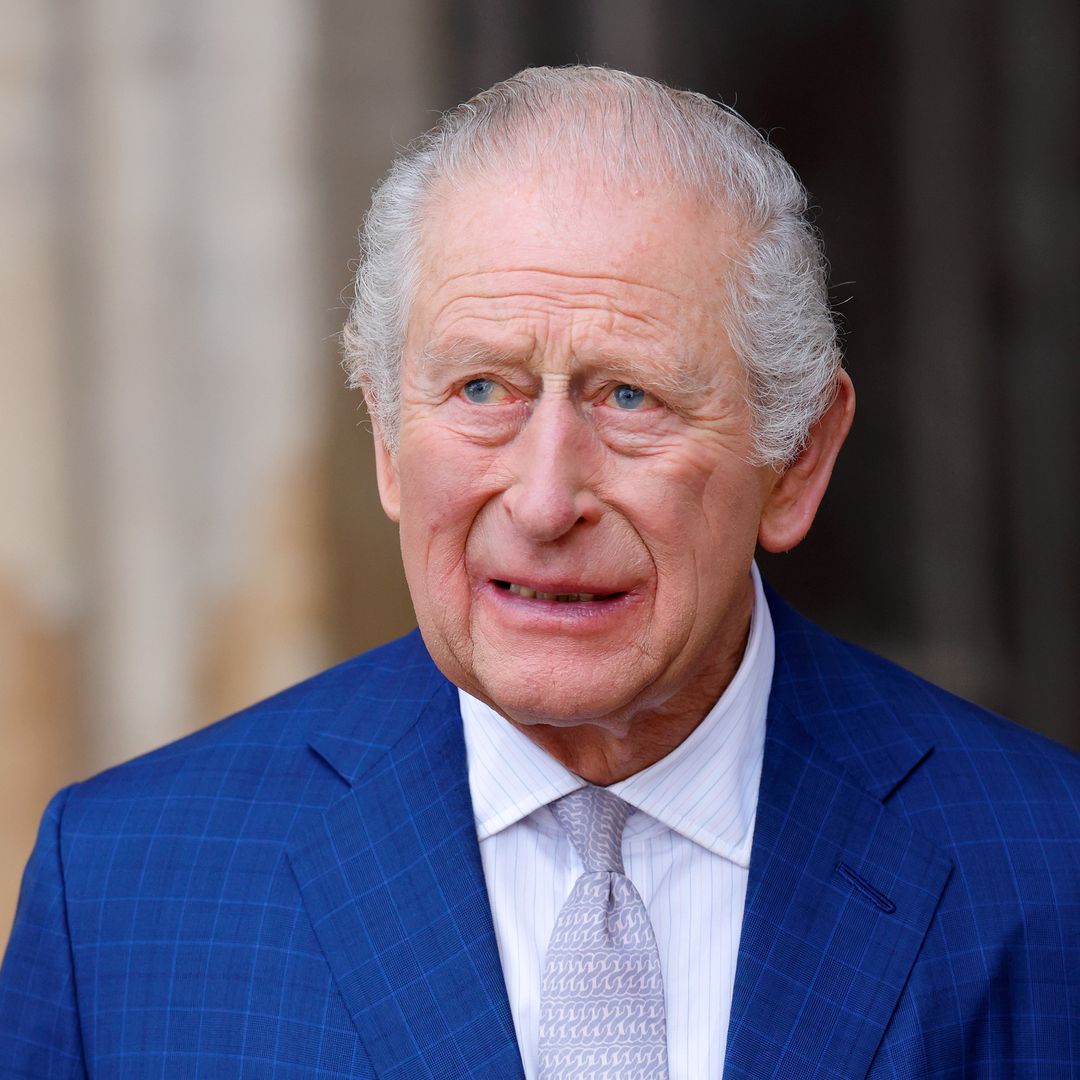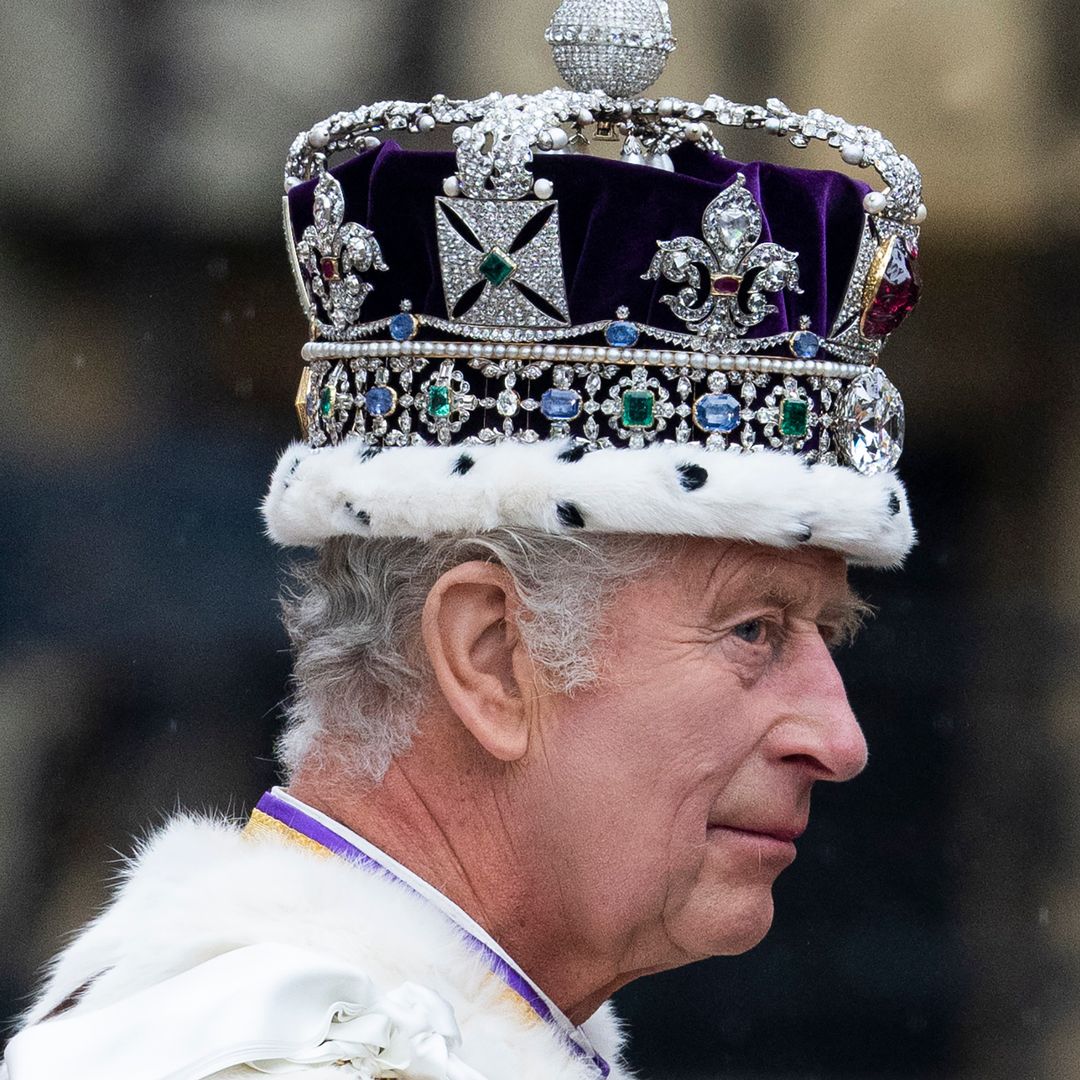We take a look at Her Majesty's favourite flowers and the particularly touching meaning behind the state funeral flowers and wreath which adorns the Queen’s coffin and includes flowers and foliage requested by King Charles III.
SEE: The Queen's state funeral: Royal family unite in grief - live updates and photos
Queen Elizabeth II loved nature and she became the Patron of the Royal Horticultural Society Society in 1952 after the death of her father, continuing the dynastic association with the RHS which had begun in Victorian times. The Queen's visits to the Royal Chelsea Flower Show each year were thought to have been one of her favourite annual events. The Queen had previously revealed that although she is not an expert in gardening, "plants, trees and flowers have been a source of pleasure” throughout her life.
WATCH: Queen Elizabeth II - A tribute
What are the Queen's funeral flowers?
Cut from the gardens of Buckingham Palace, Clarence House and Highgrove House, the flowers and foliage tributes at Westminster in September were chosen for their symbolism.
They included rosemary, for remembrance, and myrtle cut from a plant which was grown from a sprig of myrtle in the Queen’s wedding bouquet. Keep reading to discover the touching meaning behind each plant which has been included.
Queen Elizabeth II's coffin wreath at lying in state
Queen Elizabeth II's funeral flowers at Westminster featured plenty of foliage including myrtle which was used in the Queen’s 1953 wedding bouquet as is royal tradition. English oak, which symbolises the strength of love, and weeping birch has also been incorporated in the state funeral displays.
Myrtle - a favourite of the Queen
READ: How London Fashion Week has honoured the Queen
The Queen's funeral flowers and wreaths featured large white and green displays of blooms that mourners will have seen over the past week. These included Asiatic lilies, gladioli, alstroemeria, and Eustoma.
The Asiatic lily and gladioli tibutes inside Westminster
READ: Queen Elizabeth II funeral: Order of Service revealed, including music, special readings and more
DISCOVER: The Queen's brooch in her final portrait has huge sentimental value
At the Queen's state funeral, garden roses, autumnal hydrangea, sedum, dahlias and scabious were also on display and these are in shades of gold, pink and deep burgundy, with touches of white, to reflect the Royal Standard.
The Queen's coffin wreath at the state funeral
Also at the King’s request, the state funeral coffin wreath wreath has been made in a sustainable way, in a nest of English moss and oak branches. No use of floral foam has been used.
MORE: The Queen and Prince Philip's historic royal wedding photos will bring a tear to your eye
What are the Queen's favourite flowers?
Lily of the valley, with its delicate bell-shaped fragrant white flowers and fine, deep green leaves, grows in abundance at Buckingham Palace and brought Queen Elizabeth II much joy throughout her 70-year-reign.
Queen Elizabeth's beautiful wedding bouquet
On her wedding day to Prince Philip in 1947, the monarch carried lily of the valley in her bouquet which was made up of white orchids and a homegrown sprig of myrtle. Myrtle is often seen as a symbol of a happy marriage. These blossoms were a fitting choice for the Queen's 1953 coronation bouquet. These special blossoms held untold special associations for her for many years.
Lily of the valley was cherished by Queen Elizabeth II
The Queen loved roses, and pink and red blossoms are featured throughout all six of her private gardens. According to the Royal Collection Trust, some of the sweetly fragranced flowers were picked and used in table decorations at banquets.
SEE: 10 beautiful photos of the royals at the Chelsea Flower Show
PHOTO: The Queen beams in poignant final portrait released ahead of state funeral
Since the 18th century, members of the British royal family have lent their names to roses, from Queen Victoria, whose eponymous flower is the Queen Victoria Lobelia, through to Queen Elizabeth II's roses. Her Majesty officially selected one rose to mark her Platinum Jubilee, 'the Queen Elizabeth II Rose' is a stunning new hybrid tea rose, bred by Harkness Roses, and it was produced exclusively to commemorate the Queen’s Platinum Jubilee.
The Queen Elizabeth II Rose
Harkness Roses, who bred the flower describes it's "large classic shaped flowers which combine elements of soft pink, light amber gold and cream, and a strong sweet rose scent." The plant is said to be robust with big dark green leaves making it "a superb tribute" to Her Majesty and a wonderful way to honour her memory.
READ: How to style your houseplants and flower arrangements like a royal
Although not a ‘hands-on’ gardener, Queen Elizabeth II understood the importance of gardening to national life and took a lively interest in the gardens of her Royal residences at Sandringham in Norfolk, Balmoral in Aberdeenshire, and at Buckingham Palace in London, but they also valued Buckingham Palace and the Palace of Holyroodhouse as venues for large-scale summer garden parties.
Make sure you never miss a ROYAL story. Sign up to our newsletter to get all of our celebrity and royal news delivered directly to your inbox.
